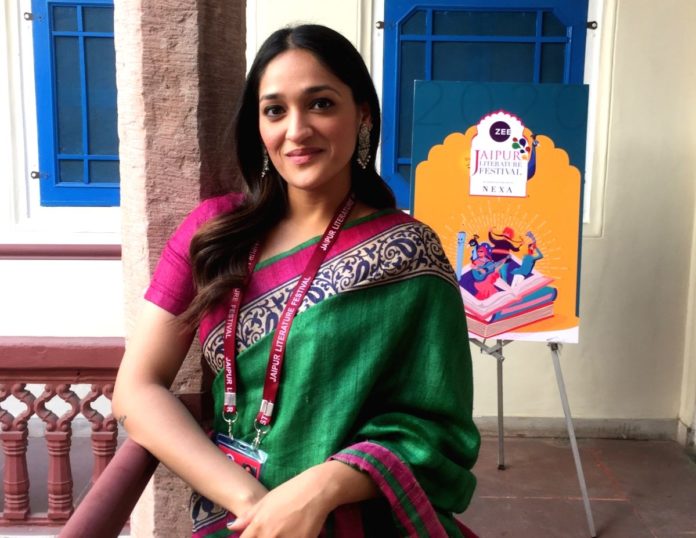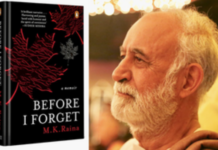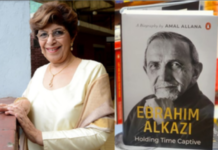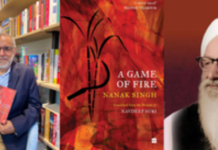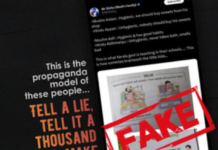BY SUKANT DEEPAK
Jaipur– In the archive of memory which has enough place for small details disguising bigger stories and offering a variety of experiences, Aanchal Malhotra, 30, looks for tales — of despair, longing, violence and hope. Small material objects become conversation starters and metaphors that unveil a tragedy in all its manifestations.
In a conversation with IANS at the Jaipur Literature Festival, where she moderated the session ‘Partition Voices’, Malhotra, whose book ‘Remnants of a Separation: A History of the Partition through Material Memory’ continues to be on the bestseller lists, asks those who question the authenticity of stories from the memory. “When people who have undergone trauma trust us enough to open up about their most traumatic memories, shouldn’t we trust them? Moreover, there are many ways to authenticate their tales.”
In these times, when the term ‘distorted history’ has become a part of mainstream, the author, who works with memory and material culture insists that oral histories, unlike academic records offers nuanced ways of looking at things afresh. “Sometimes the subjects remember a small detail which puts so many other aspects in context and helps in giving a more rounded viewpoint.”
Insisting that it’s paramount to revisit the tragedy of partition stories as for a long time people thought they were not important, Malhotra feels that in the present-day social and political context, they have become even more important. “Holocaust is remembered and continuously documented so that it may never be repeated. And that’s the reason we must never forget what happened in the sub-continent 70 years back. We refuse to remember, that is why we don’t learn.”
For Malhotra, it has never been easy to maintain the much talked about �emotional distance’ while hearing stories during her field research. “It may not be about you, but how can you not become quieter under their weight? Sometimes, it’s not about what they saw but how they remember and spoke about it. Long after the conversations have ended, their voices can echo in the dreams sometimes because even in the sameness of the experience of the people one speaks to, there are always some small details that tug at your heart and refuse to go away.”
It was not really the second generation but the third one, which came forward and approached Malhotra to record stories of their grandparents. “The second generation could never ask their parents for details. It was still easier for the third one. Also, social media has played a very important role. One definitely sees a desire in them to reach out and find out what is across the border. The renewed and awakened curiosity will only do good.”
Working on a book on the Indian involvement in World War 1, Malhotra, who visited Pakistan says that she did that without pre-conceived notions and was experienced that people there were keen to share their own stories. “When I visited Lahore in 2014, it felt that I belonged there, after smoothly slipping under the cracks of history.” (IANS)



